Backpack Culture and what it means for you
Backpack culture will change the way you do business forever, helping you stay competitive.
You would have to be fairly detached from reality to have not noticed how working practices are changing. Things may be the same as always in your office, but across the world, a revolution is taking place.
Here at Kimbley IT we like to call it ‘Backpack Culture’; culture because this is much more than just a change in the way offices are arranged. Employees can now work from any location; with everything, they need to be productive in their backpack.
Your physical office no longer matters
Traditional business processes rely on a central company server built around Microsoft tools. Where the server is, there the workers must be too. Of course, it is possible to configure remote access to many of these applications, but the complexity and overheads of running manually-configured VPNs mean that the service is typically limited to a small handful of employees.
Cloud-based tools, like G Suite by Kimbley IT and Xero Accounting, free your business from the central server IT model. With functions like productivity, email and accounts in the Cloud, the server at head office no longer matters. So if people don’t have to come into the office, do you actually need one?
Your physical location no longer matters
No longer reliant on the company file server, the physical location of workers no longer matters either. Equipped with the collaboration tools of G Suite, workers are always in contact using video calling, instant messages and even through real-time notes and comments on their documents.
The ability to discuss work without having to be in the same room allows you to build a genuinely distributed workforce – without the communications problems, this would have entailed in the past.
The Moseley Exchange. Birmingham’s first coworking space.
On an individual level, employees don’t even need a dedicated home office either. So long as they have an Internet connection, they can work – any place, anytime.
Embrace Backpack Culture to attract the best talent
This any time, any place model will change the way that people work. According to PriceWaterhouseCoopers, just 25% of young people expect to work the traditional 9-5 routine anyway. Improved collaboration allows you to focus on meeting project goals and milestones, rather than encouraging a culture of presenteeism which does nothing to improve output or profit margins.
Backpack Culture delivers benefits on several levels. As well as encouraging employees to be more productive, it also greatly increases the available pool of talent. You are no longer limited to recruiting from Birmingham and surrounds for instance; Cloud-based systems are available globally – so you can recruit the best people from anywhere without requiring them to relocate.
Employees also know about these flexible working practices, and want to take advantage of them. One study found that two-thirds of people want to work from home - and that 37% would accept a 10% pay cut in return for more flexible employment options.
Why? The pressures of daily life have never been more acute. Remote working solves common problems like childcare and commuting, helping people better integrate work and personal lives; with greater control comes more satisfaction, making your business a far more attractive place to work. Big business have already recognised this fact, relaxing many of the “rules” associated with office working, helping them attract a higher calibration of candidate.
Perhaps the biggest challenge you face is the change of mindset required to fully embrace Backpack Culture. Centralised offices encourage a culture of micromanagement, while a decentralised workforce operates on trust. The good news is that trust pays off – 64% of businesses report a rise in staff productivity through increased mobility.
Backpack Culture is about using technology to change the way you work, and to help your business become more productive. But you will need to change the way you think to realise the benefits.

